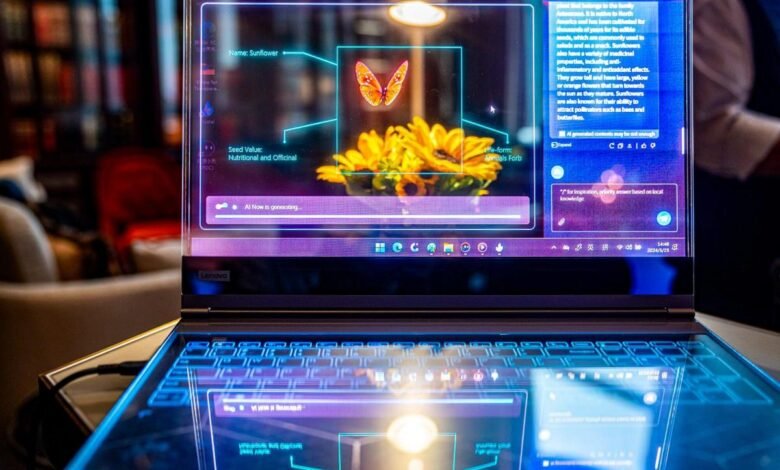Lenovo issues US$2 billion convertible bonds to Saudi Arabia sovereign fund to finance debt repayment, expansion

Lenovo, the world’s largest PC maker, is raising US$2 billion by issuing zero-coupon convertible bonds to a unit of Saudi Arabia’s sovereign wealth fund, close on the heels of similar offerings made by e-commerce giants Alibaba and JD.com as issuers seek to lower funding costs.
The three-year bonds will pay no interest but give the investor, Alat, a subsidiary of the Saudi Arabia’s Public Investment Fund (PIF), the option to convert its holdings into shares at an initial conversion price of HK$10.42 per share on the maturity date. This represents a discount of around 12 per cent from Tuesday’s closing price, and the conversion of the entire holdings would release an additional 1.5 billion shares into the market or around 12.09 per cent of the capital base as of the announcement date.
Alat has also entered into a strategic collaboration with the Chinese laptop maker, to help enhance its presence and spur growth in the Middle East and Africa markets, according to a stock market filing.
Do you have questions about the biggest topics and trends from around the world? Get the answers with SCMP Knowledge, our new platform of curated content with explainers, FAQs, analyses and infographics brought to you by our award-winning team.
The net proceeds will be used for repaying debt as well as for funding general corporate and working capital purposes, Lenovo said. The company also announced a plan to set up a regional headquarters and a new manufacturing facility in Saudi Arabia.


A Lenovo Group Ltd. concept ThinkBook laptop computer featuring a transparent display during a news conference in Hong Kong, China, on Thursday, May 23, 2024. Photo: Bloomberg alt=A Lenovo Group Ltd. concept ThinkBook laptop computer featuring a transparent display during a news conference in Hong Kong, China, on Thursday, May 23, 2024. Photo: Bloomberg>
“The company expects to have greater financial flexibility to implement its proven strategy, and will further drive its global transformation into a solutions and services-led business,” Lenovo said.
Lenovo’s bond plans emerged days after Alibaba’s record US$4.5 billion sale and JD.com’s US$2 billion offering, both issues being made to fund share buy-backs. More overseas-listed Chinese companies could follow suit, according to UBS.
“The issuance of convertible bonds is an attractive financing plan for companies, allowing them to obtain capital at a relatively low cost,” Salina Cheung, co-head of Asia ECM, said in a media briefing on Tuesday. It will be “no surprise” to see more deals.
Financing costs have risen substantially in a high interest rate environment, making convertibles more attractive to issuers compared to conventional bonds. The coupon rates on JD.com’s 5-year convertible bonds and Alibaba’s 7-year convertibles stand at 0.25 and 0.5 per cent respectively, compared to the 5.7 per cent yield on 5-7 year dollar-denominated bonds issued by Asian companies, according to an ICE Bank of America Index.
For investors, convertibles could offer both protection and extra income. Due to their built-in equity exposure, convertibles increase in value when the underlying stock price rises, while the bond floor establishes a minimum price that serves as a safety net during market downturns, according to Schroders.
The Lenovo-Alat collaboration also comes as China and Saudi Arabia continue to deepen their economic ties. PIF has been actively investing in Chinese tech companies, recently boosting its stake in Alibaba by 11 per cent.
Citi is sole adviser to Lenovo’s bond sales. Shares of the company fell 4 per cent on Wednesday to HK$11.34 on earnings dilution concerns.
This article originally appeared in the South China Morning Post (SCMP), the most authoritative voice reporting on China and Asia for more than a century. For more SCMP stories, please explore the SCMP app or visit the SCMP’s Facebook and Twitter pages. Copyright © 2024 South China Morning Post Publishers Ltd. All rights reserved.
Copyright (c) 2024. South China Morning Post Publishers Ltd. All rights reserved.





